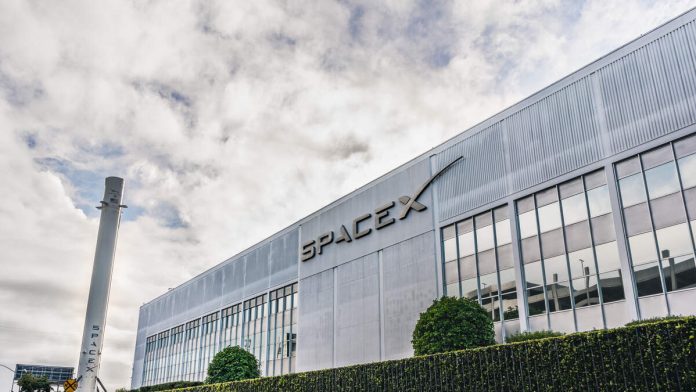LOS ANGELES (CNS) – A judge is mulling a motion by SpaceX attorneys to compel arbitration of an employee’s claims she suffered discrimination and harassment in the workplace and that she became pregnant after being coerced into a sexual relationship with a supervisor.
Plaintiff Michelle Dopak also alleges in her Los Angeles Superior Court lawsuit that Hawthorne-based SpaceX paid her less than male colleagues and retaliated against her for reporting sexual harassment by a manager. She maintains management is “blatantly setting (her) up to fail” in order to force her to quit in retaliation for her complaints of sexual harassment and discrimination.
However, SpaceX contends Dopak is bound by her 2017 employment agreement to have an arbitrator rather than a jury address her claims, the company’s lawyers argue in new court papers. On Monday, Judge Tony L. Richardson heard arguments from both sides and took the case under submission.
In their previously filed court papers, SpaceX attorneys state that the 38-year-old plaintiff, who moved to Florida in 2023, is obligated to arbitrate any job-related disputes under her August 2017 employment agreement in which she was hired as a production coordinator.
“Plaintiff’s 10 claims … in this action arise out of her employment with SpaceX and are covered by the arbitration agreement,” SpaceX attorneys state in their pleadings while further contending that she breached that agreement by filing a lawsuit.
In a sworn declaration filed in support of the SpaceX motion, Lynette Dhillon, the company’s senior human resources compliance manager, states that Dopak signed the four-page arbitration agreement when she was hired and that all SpaceX workers are required to sign an arbitration document.
A copy of Dopak’s employment agreement is attached to Dhillon’s declaration.
According to Dopak’s suit filed March 5, she alleges she was paid $5,000 less than a male colleague with the same job and who was hired when she was. She maintains she was repeatedly subjected to retaliation after complaining of discrimination.
Dopak also alleges a male supervisor convinced her to have sex with him and eventually promoted her to a scheduler position in exchange for continued sexual relations. Dopak believed her career advancement would be impaired if she did not comply with the boss’ alleged sexual demands, the suit states.
The supervisor later offered to pay Dopak $100,000 to have an abortion after she became pregnant with his child, but she refused, the suit states.
Despite upper management’s knowledge of the pregnancy, no disciplinary actions were taken against the married supervisor, the suit states.
“It was immediately apparent that SpaceX had (the supervisor’s) proverbial back and that (Dopak) needed to remain silent or risk losing her job,” the suit alleges.
In its two core businesses, SpaceX designs, manufactures and launches rockets and spacecraft and uses them to provide launch services to various customers located in various states and countries. The firm also provides high speed, low latency satellite internet to customers around the world using its constellation of thousands of satellites in low earth orbit and ground infrastructure.

Recent Comments